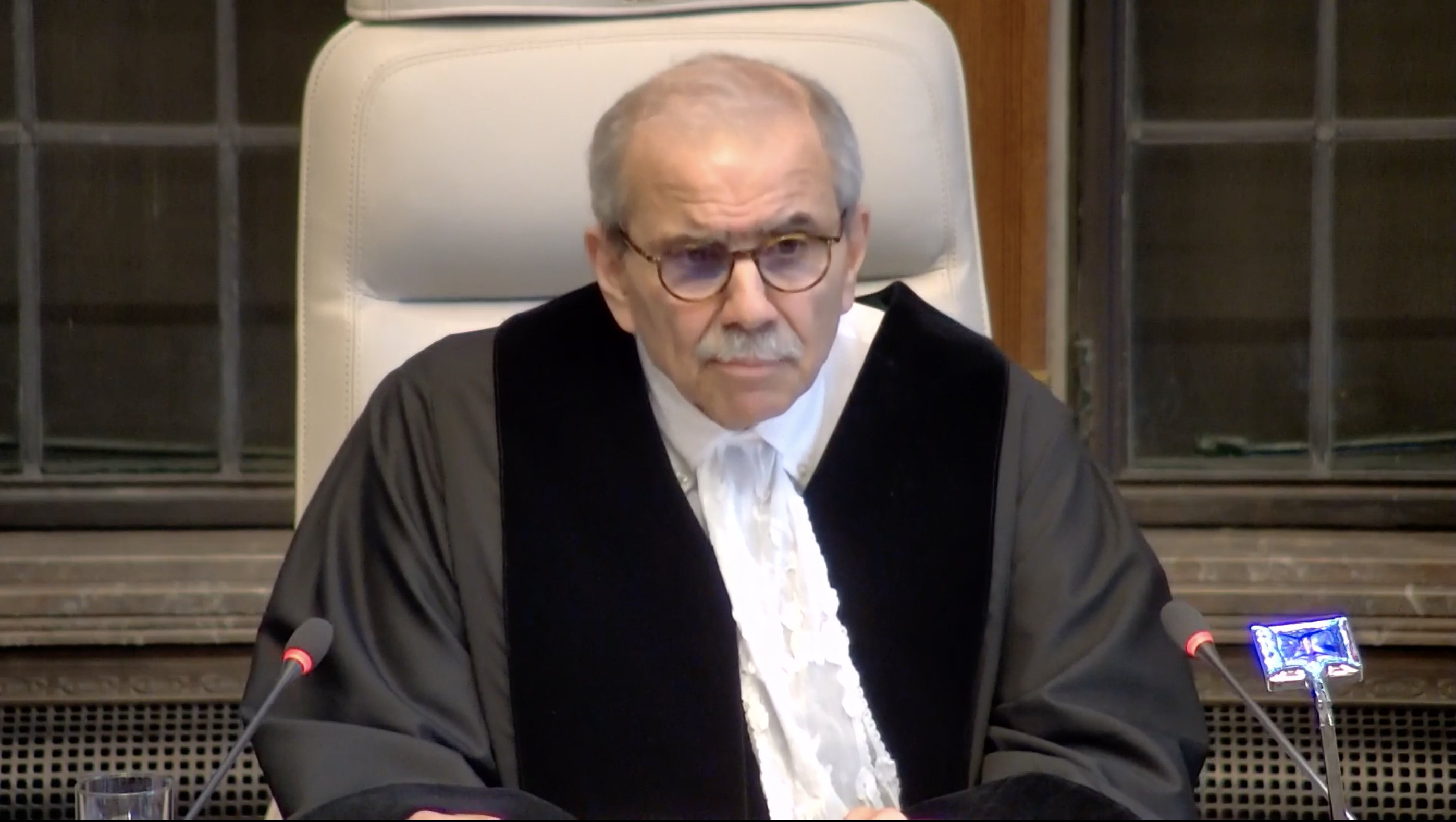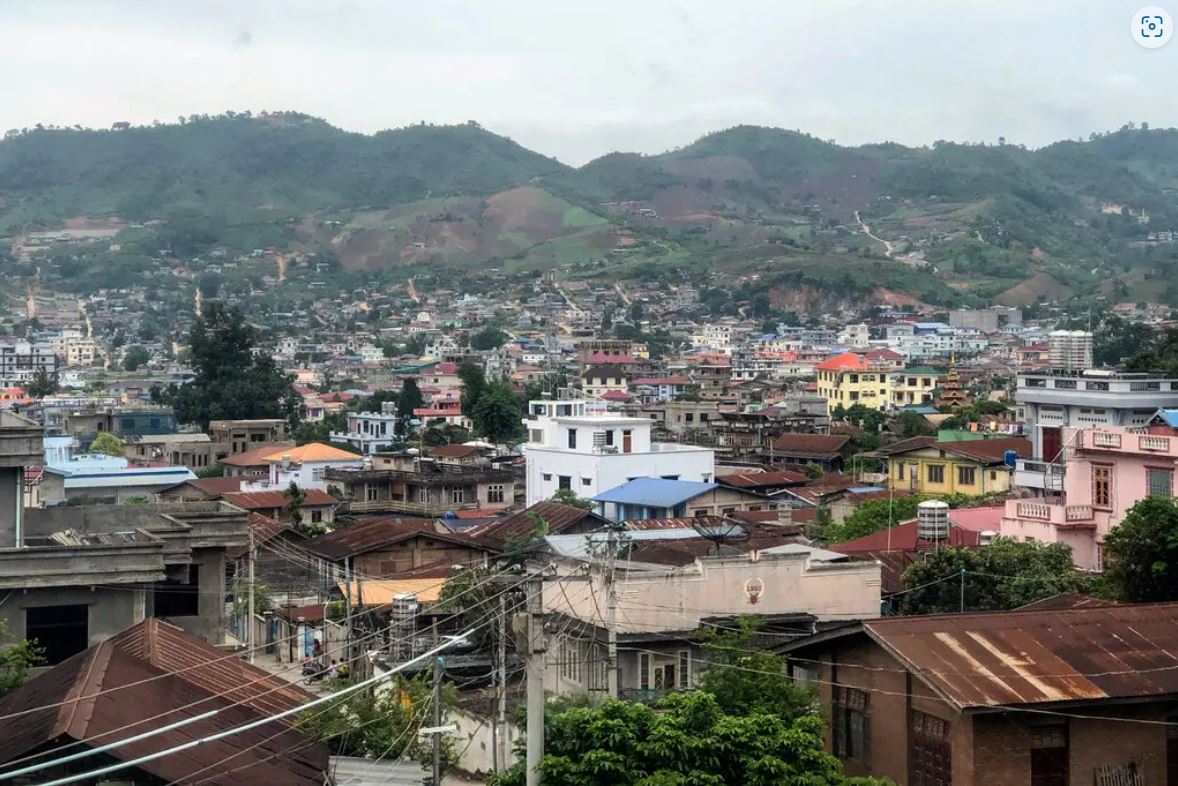
The Myanmar National Democratic Alliance Army (MNDAA) said it had taken the strategic city of Lashio in northern Shan State, about 120 km (75 miles) from the Chinese border, after 23 days of fighting with government troops.
"Our army has won a decisive victory and is now clearing out the remaining enemy troops. The city is now declared completely liberated," it said in a statement shared by its mouthpiece on social media, urging the public to remain calm and comply with its administration of the city.
The junta leader, Senior Gen. Min Aung Hlaing, said in a speech later Monday that security forces had withdrawn in northern Shan State because they were “prioritizing the safety of the people.” He said the rebels were getting weapons and other supplies, including drones and short-range missiles, from “foreign countries,” which he didn’t identify. Some arms and ammunition were coming from factories just across the China-Myanmar border, he said.
“We need to investigate where these factories are getting their funds and technological support from,” the military leader said.
The junta has been on the defensive for months as a broad alliance of rebel militias and pro-democracy groups has made inroads across large swaths of the country. Suffering repeated losses of territory and troops, the junta in recent months has imposed a mandatory draft.
The MNDAA is among several ethnic minority rebel groups fighting to repel the military from what they consider their territories, in a loose alliance with an armed resistance movement that has waged a nationwide campaign to undermine the junta's rule.
The conflict has morphed into a civil war that represents one of the biggest challenges to Myanmar's well-equipped military in its combined five decades of rule. More than 2.6 million people are displaced, according to the United Nations.
It wasn’t immediately clear how the latest development would ricochet in the wider civil war. But the fall of a regional military headquarters — one of 14 in Myanmar and home to thousands of government soldiers — would be a major defeat for the junta, which has been on a war footing for decades. It would also give the rebels control of Lashio, a strategic city, and its airport.
The Myanmar National Democratic Alliance Army claimed the victory after weeks of combat. On Saturday, the group’s fighters, who are from the Kokang ethnic Chinese minority, posted photos of themselves at the gates of the base. The group also claimed that it had in its custody three senior officers, all generals from the base.
“Senior officers closely supervised and participated in the fighting until 6:30 p.m. on Aug. 3, but contact was lost thereafter,” Zaw Min Tun, the military spokesman, said in an announcement on Monday. “Unconfirmed reports indicate that some senior officers have been captured.”
The city of Lashio and its airport lie on a crucial trade corridor to Yunnan Province in China, which is spending hundreds of millions of dollars on a high-speed rail link and other infrastructure projects on both sides of the border.
Beijing expressed support for the Myanmar junta after the country’s coup in February 2021 and has tried to mediate between the junta and the rebels. But analysts believe that the rebel advance in Lashio, as well as earlier offensives in the border region, would not have gone ahead without China’s approval.
“China has little interest in democracy in Myanmar,” Jason Tower, the Myanmar director at the United States Institute of Peace, a nonpartisan research organization, wrote in an analysis last week. He added: “Beijing is also unconcerned about furthering a broader peace: Its so-called mediation efforts center only on manipulating a subset of actors in the conflict to protect Chinese investments and weakening the military’s influence in the strategic borderlands to expand China’s.”
Read more here

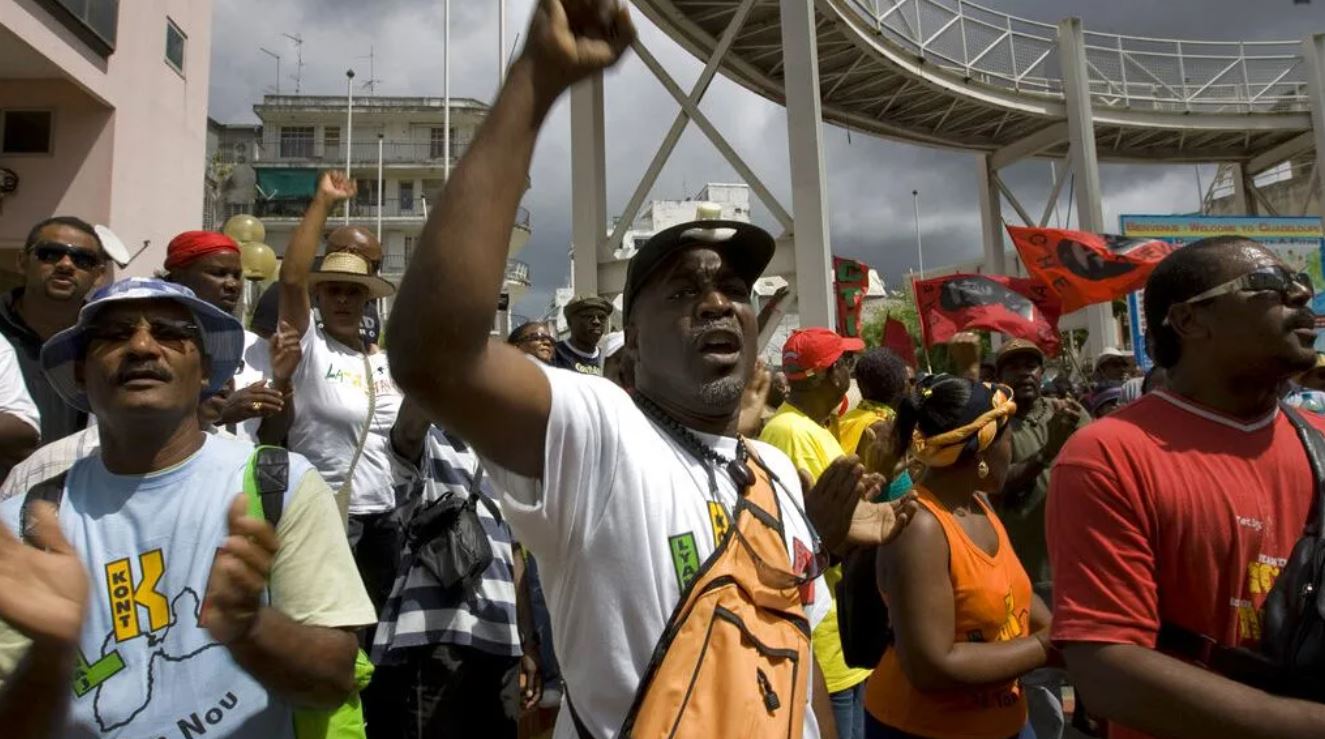
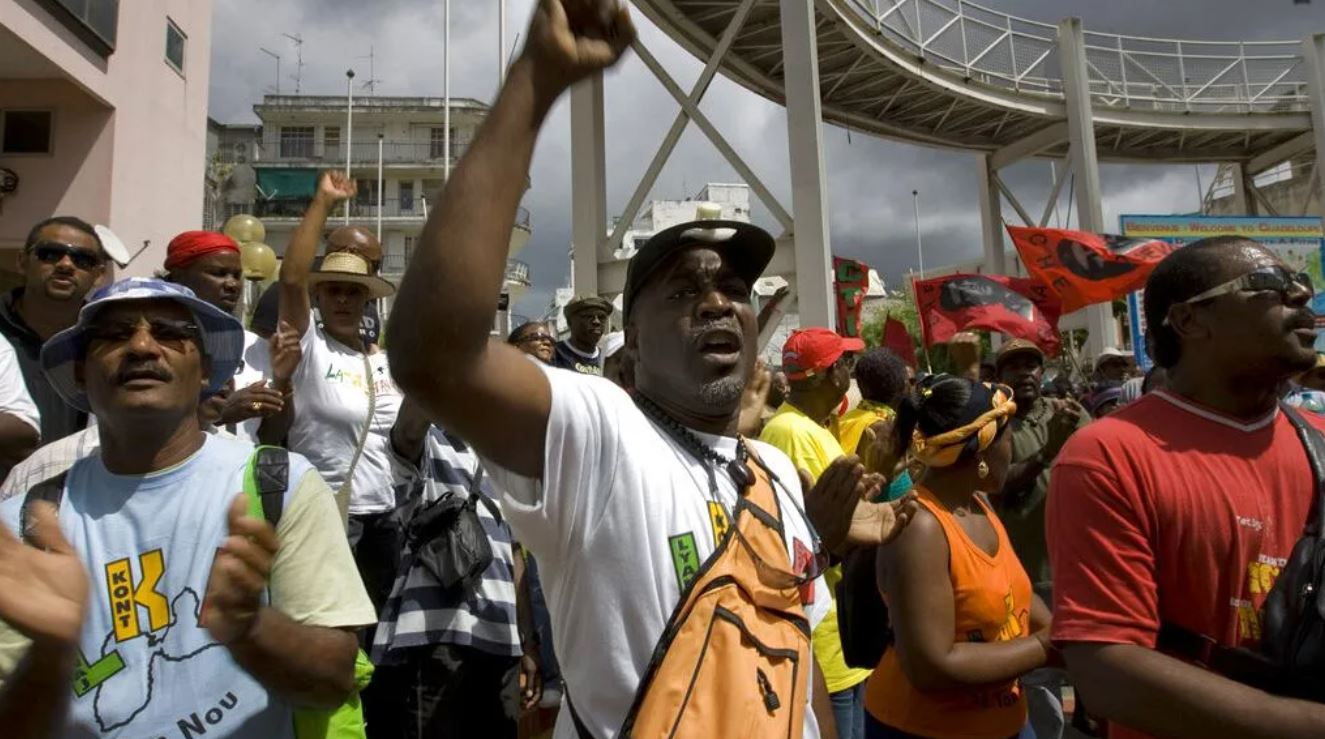

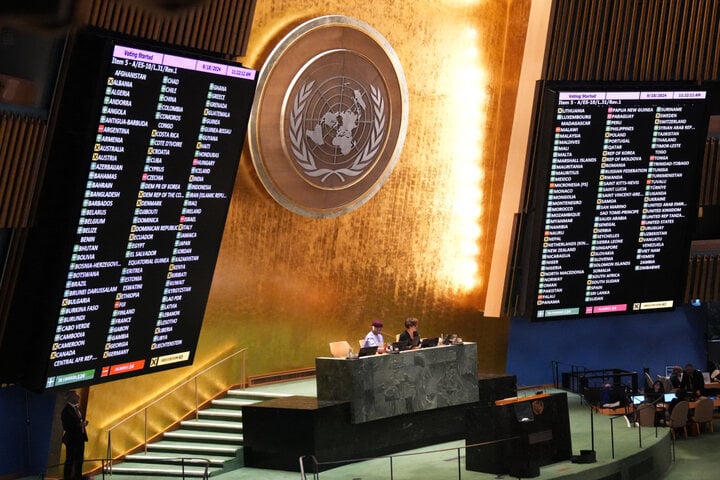
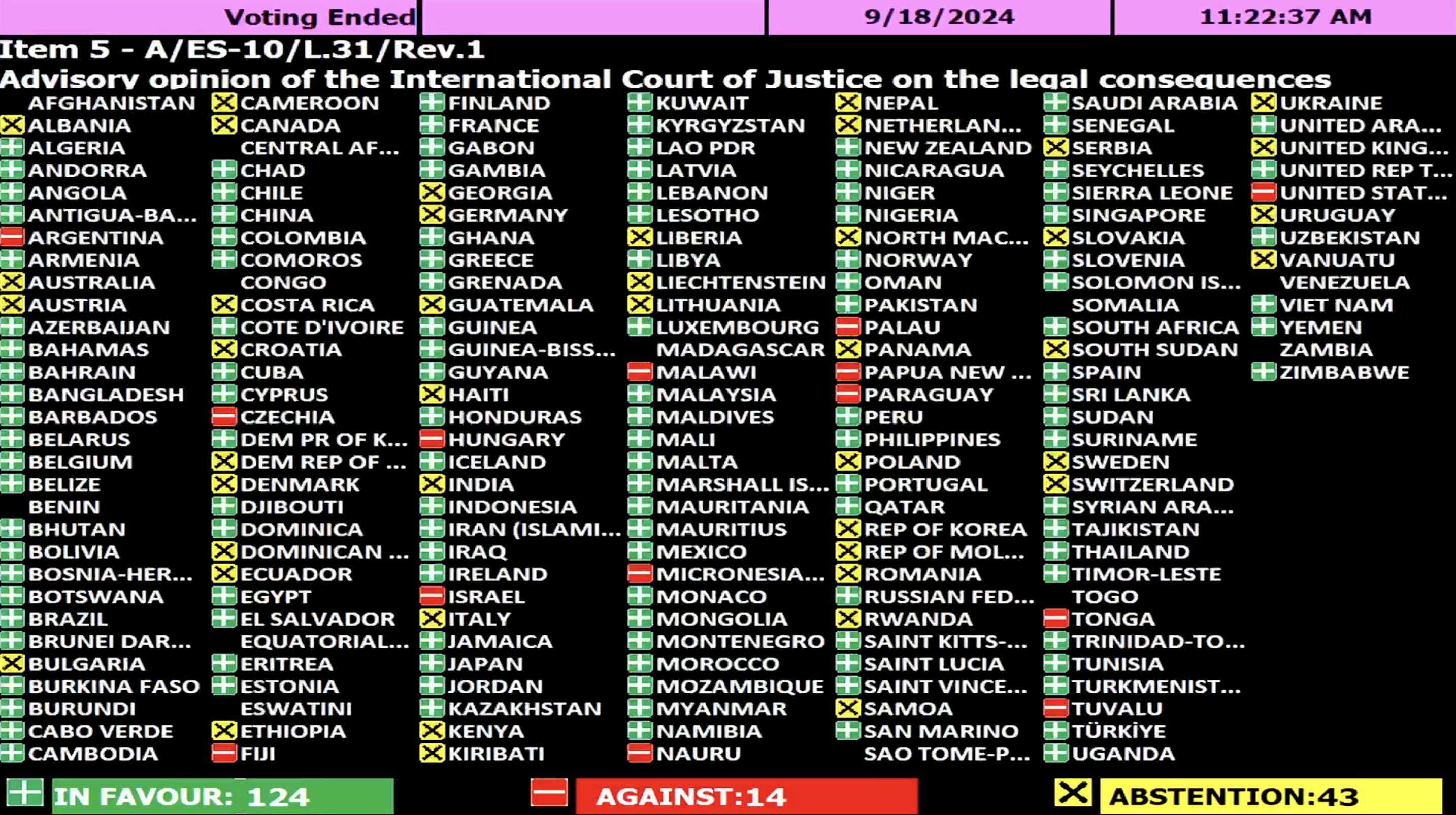


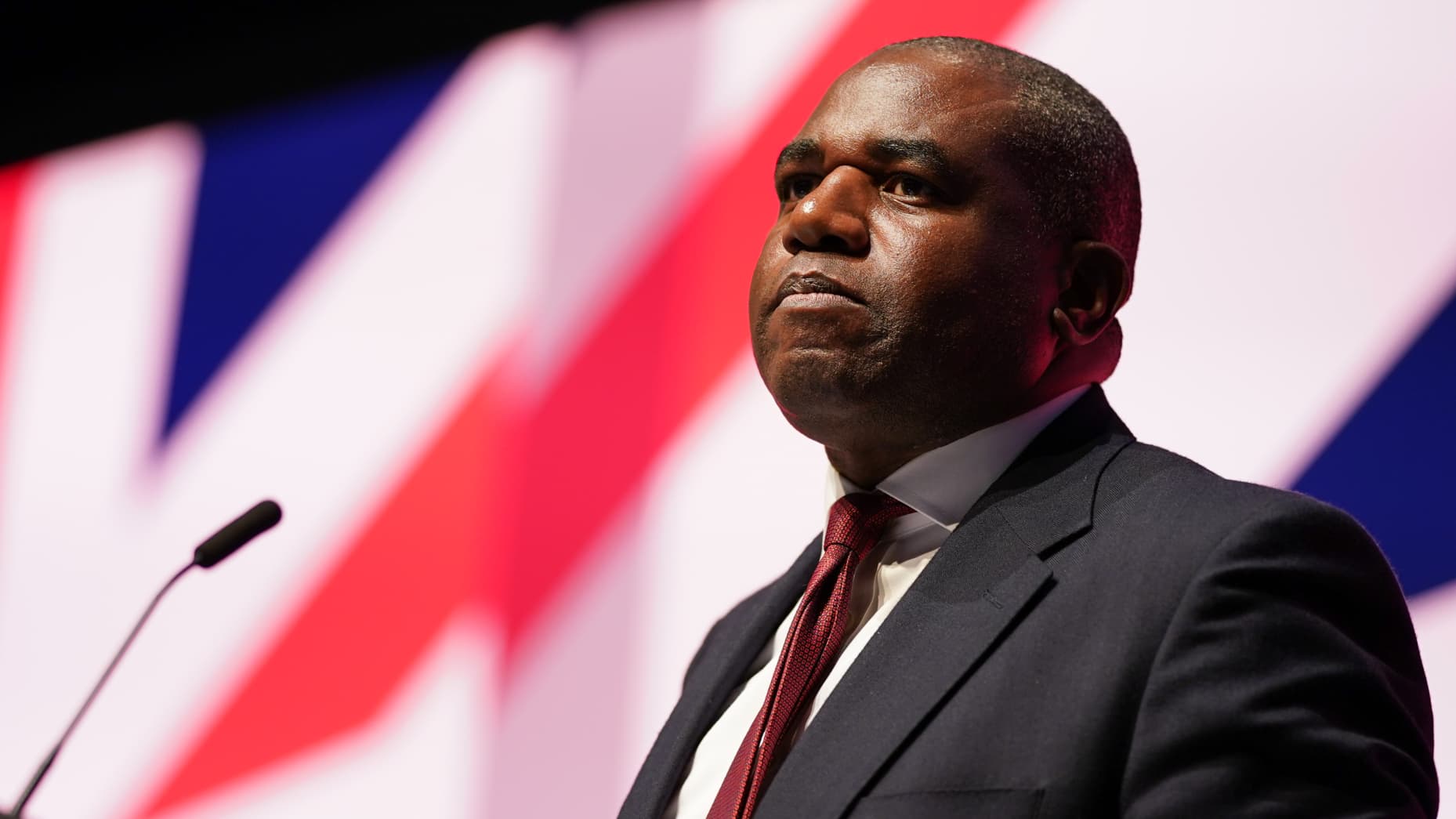

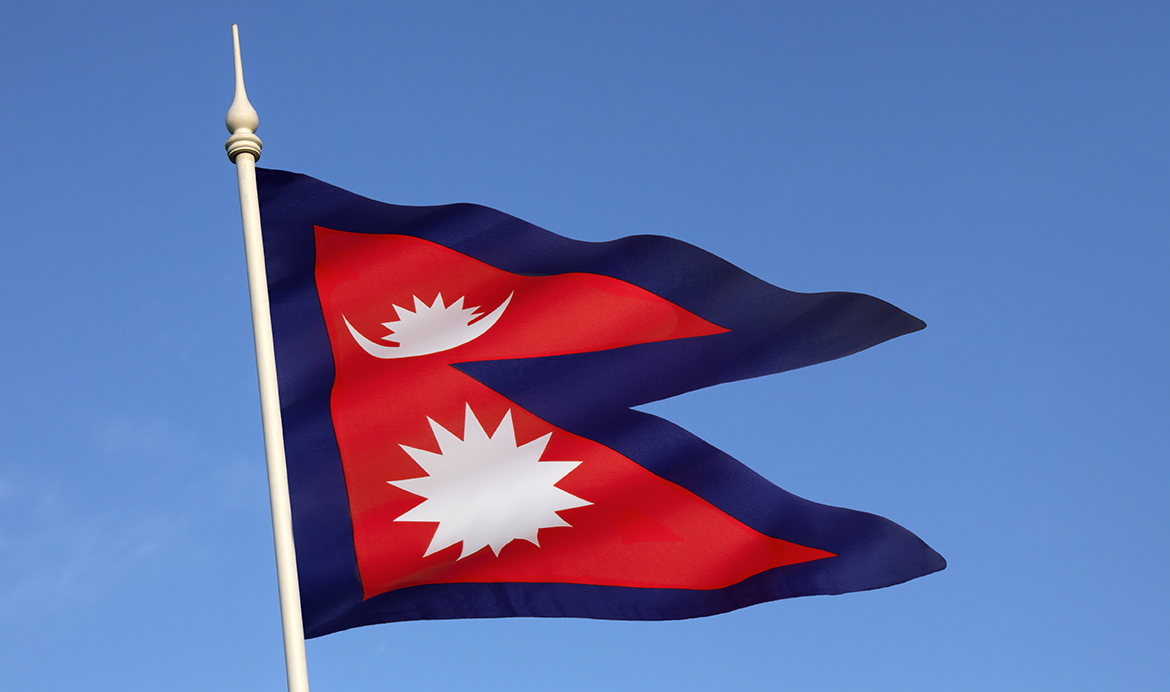
 Three major human rights organizations slam Nepal's new Transitional Justice Law as a "flawed step forward," citing numerous "accountability gaps" needed to be addressed by lawmakers.
Three major human rights organizations slam Nepal's new Transitional Justice Law as a "flawed step forward," citing numerous "accountability gaps" needed to be addressed by lawmakers.


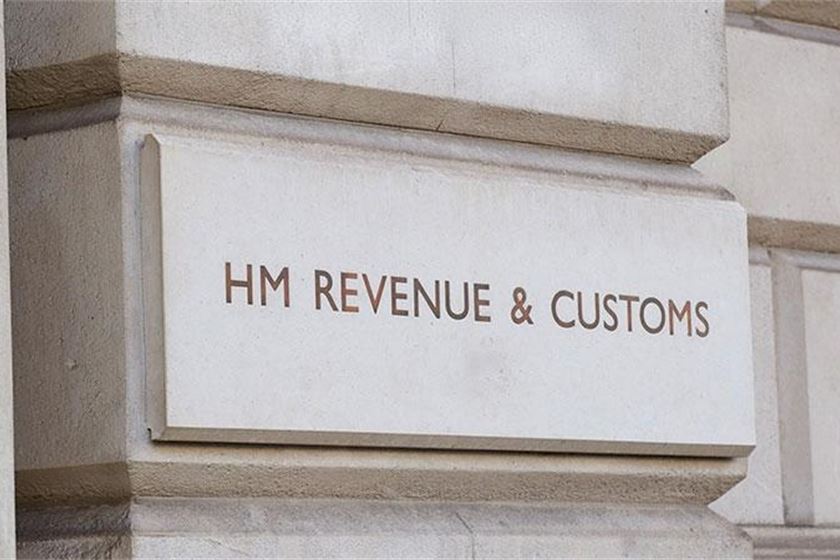

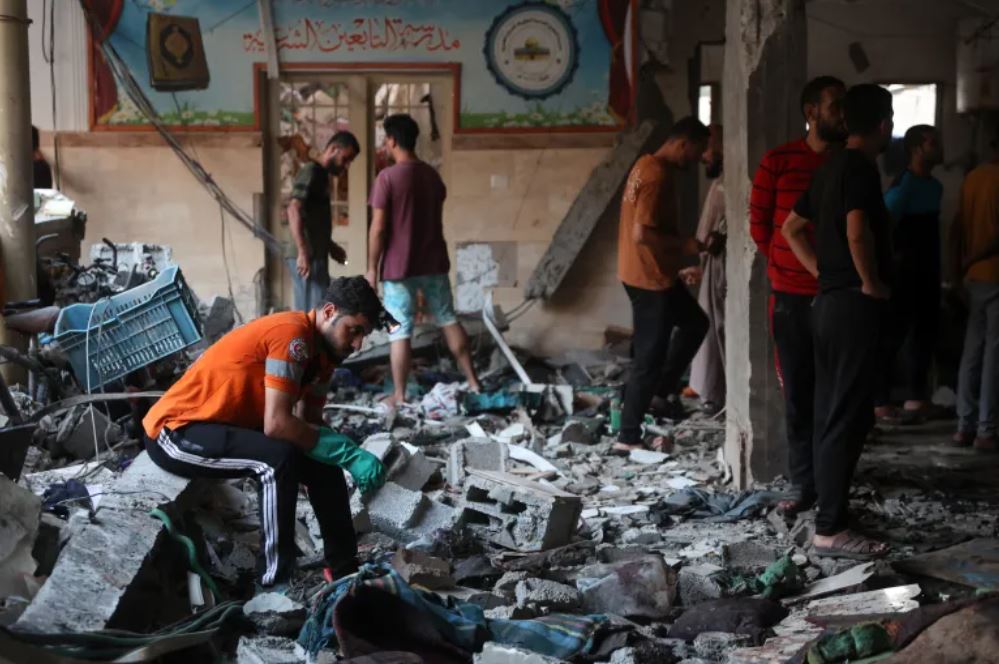



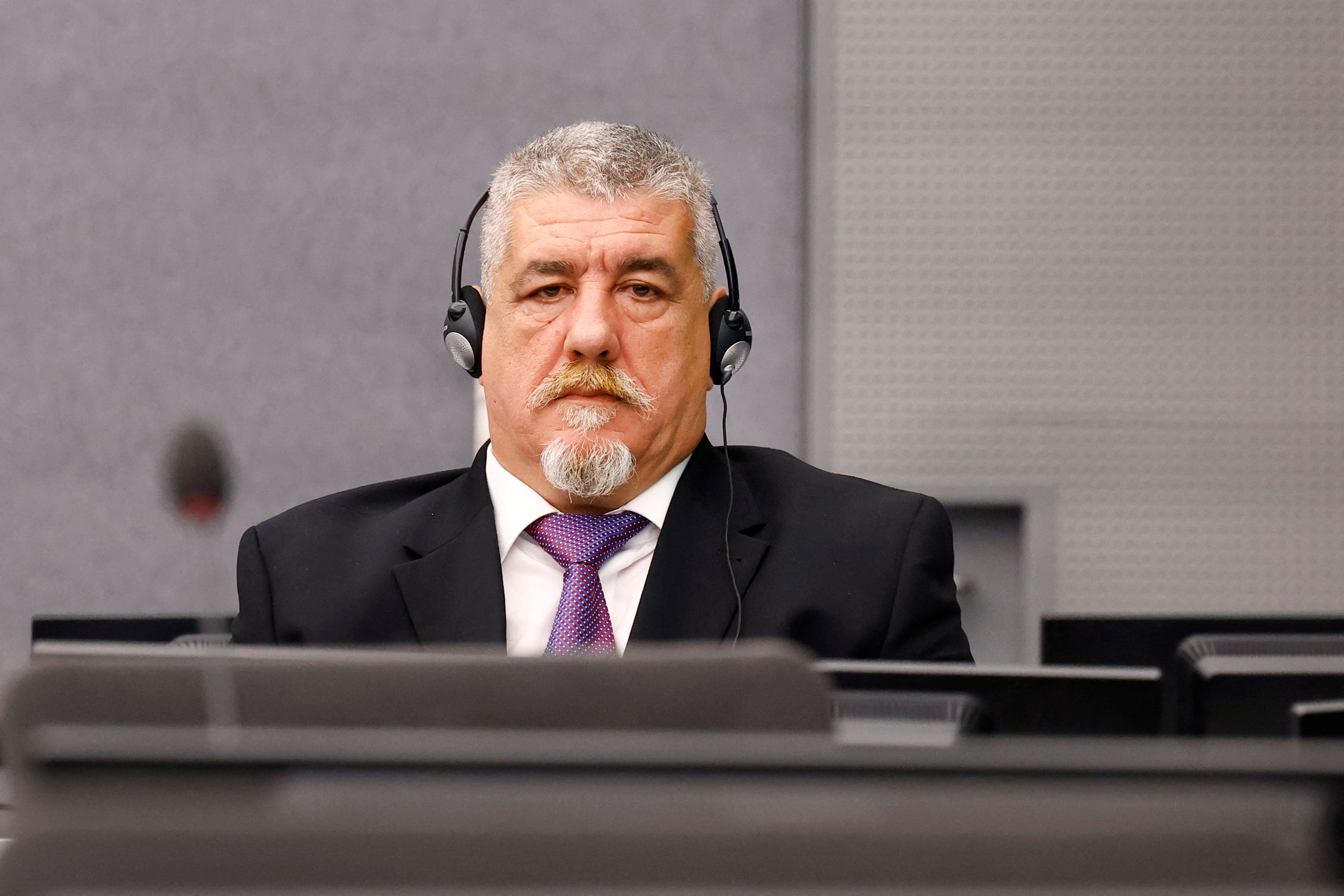
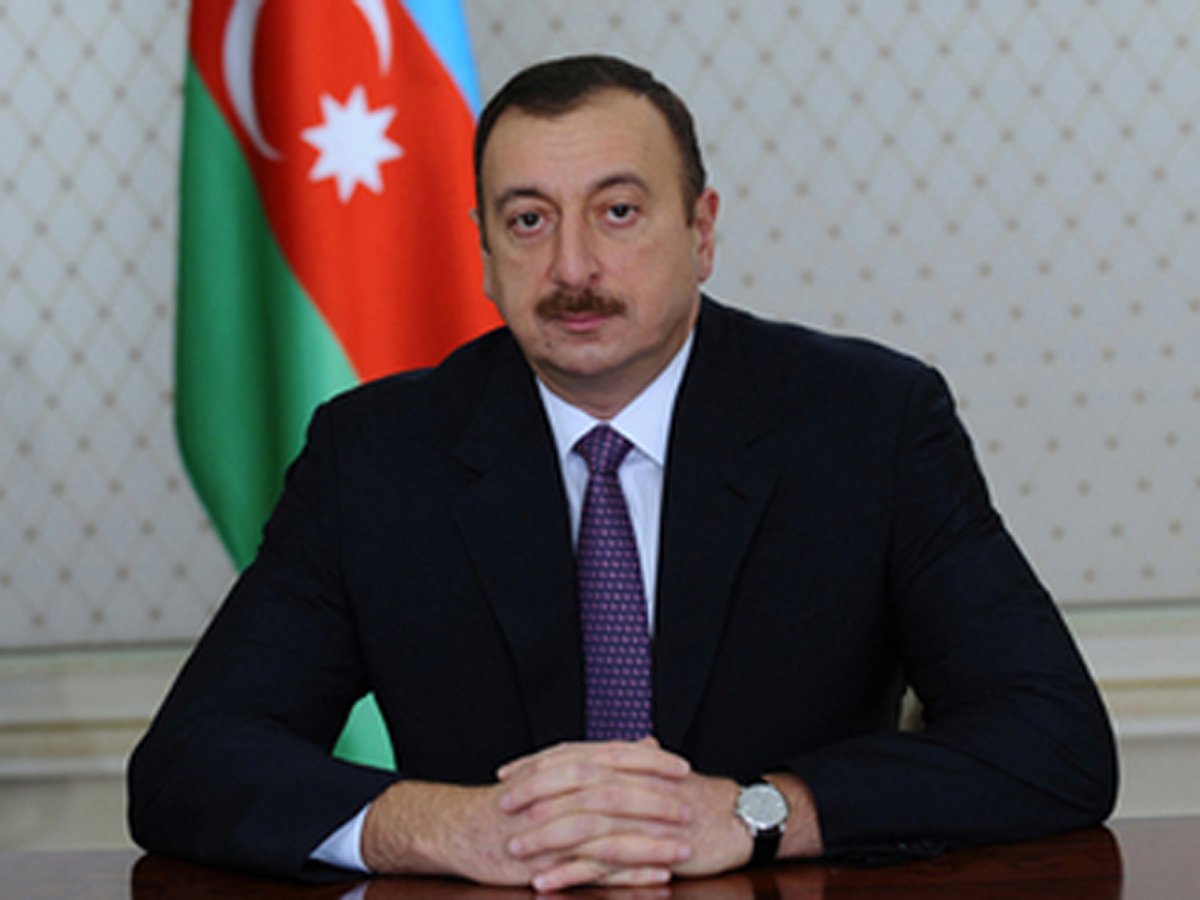

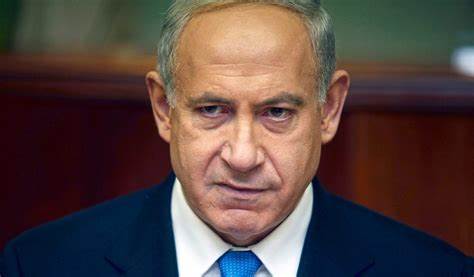



.jpg)

